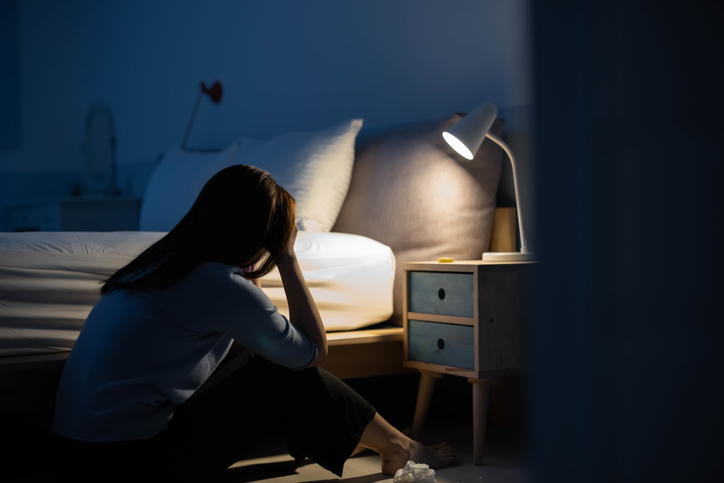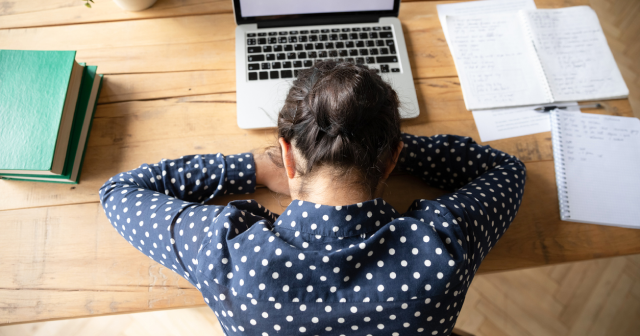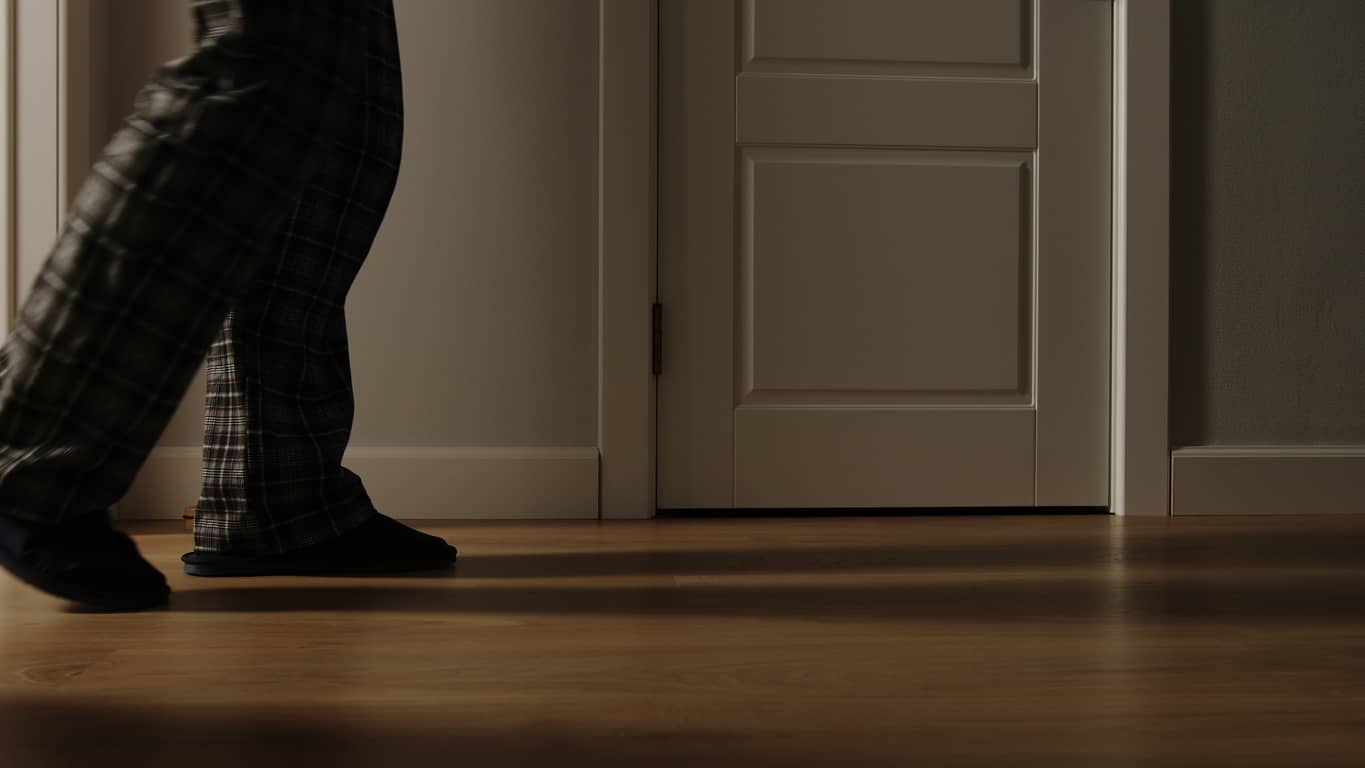What causes sleep paralysis?
Sleep paralysis may occur when rapid eye movement (REM) sleep is disrupted. It's during REM sleep, a stage of sleeping, that our brain is most active and the body enters a state of paralysis. If the transition between sleep stages doesn’t run smoothly and you wake up, you become aware of your body’s paralysis, and you can experience an inability to speak or move.
How do you get sleep paralysis?
Sleep paralysis occurs when you wake up before the rapid eye movement (REM) sleep cycle has finished. You will be conscious, but the muscles in your body won’t be able to move.
Anyone can experience sleep paralysis, but some are at higher risk. People who are more likely to encounter sleep paralysis are those who have experienced some kind of trauma, have disrupted sleep cycles or are sleep deprived, or suffer from other types of sleep disorders, like narcolepsy.
Is sleep paralysis a sleep disorder?
Sleep paralysis is a disruptive sleep disorder, otherwise known as a parasomnia. Other types of parasomnias include sleepwalking and nightmares.
What are the stages of sleep paralysis?
There are no specific stages of sleep paralysis. During sleep paralysis you wake up the muscles are not working, so you cannot move and feel paralysed. An episode of sleep paralysis is usually brief, ranging from a few seconds to a few minutes.
How does sleep paralysis feel?
People can experience a feeling of dread or fear. You may also experience difficulty breathing, an inability to move or speak, tightness in the chest, or even hallucinations.
Are there ways to prevent sleep paralysis?
There are changes you can make to help prevent sleep paralysis. Try sticking to a regular sleep routine, make sure you get enough sleep, and find ways to improve sleep quality, such as sleeping on a comfortable mattress and pillow.
Is there a cure for sleep paralysis?
There is no cure for sleep paralysis, but if you suffer from sleep paralysis there are things you can do to reduce the risk of it occurring again. Make sure you get enough sleep and try to stick to a routine sleep schedule. Also, make your sleeping environment as restful as possible. If sleep paralysis is a real problem, you can be prescribed antidepressant medication.
Is sleep paralysis common?
Sleep paralysis is common. It’s estimated that four in 10 people will experience sleep paralysis at some point in their lives. However, sleep paralysis is more common in teenagers and young adults.
Why do you hallucinate during sleep paralysis?
Some people experience hallucinations as they fall asleep or just before waking up. If the hallucinations occur while falling asleep, they are called hypnagogic, and if the hallucinations occur while waking up, they are called hypnopompic.
Are there any natural remedies for sleep paralysis?
There are lifestyle changes you can make to reduce the risk of sleep paralysis. Try to stick to a regular sleep schedule and avoid drinking caffeine or alcohol close to bedtime. Try not to look at electronic devices just before you go to bed, as the blue light from your smartphone can lead to sleep disruption. Aim to make your sleeping environment as comfortable as possible.




